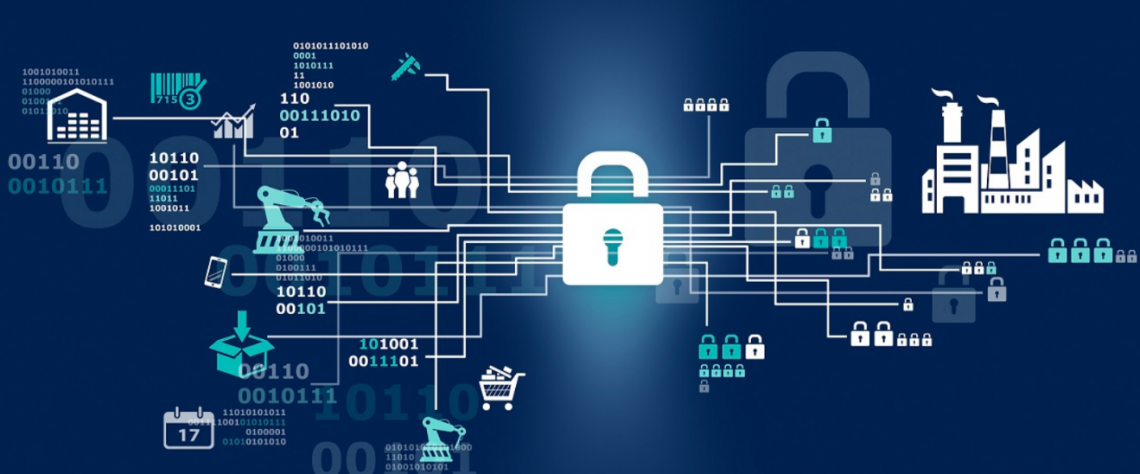THE IMPORTANCE OF CYBER SECURITY
Cyber security is essential because state, military, corporate, economic, and medical organisations gather, process, and store unprecedented quantities of information on pcs and other devices. A significant portion of that data may be sensitive information, be it intellectual property, financial data, personal information, or other data types for which unauthorized access or exposure could have negative effects.Organizations in the course of doing business communicate delicate data across networks and other devices, and cyber security defines the discipline devoted to protecting that information and the systems used to process or store that information. As cyber attacks grow in quantity and sophistication, businesses and organisations, particularly those tasked with safeguarding national security data,Health or financial records must take measures to safeguard their delicate data about company and staff.

Cyber Security Solutions by Grivety Global
- Network security
- Application security
- Endpoint security
- Data security
- Identity management
- Database and infrastructure security
- Cloud security
- Mobile security
- Disaster recovery/business continuity planning
- End-user education
More About Cyber Security
In cyber safety, the most challenging task is the ever-evolving nature of safety risks themselves. Organizations and government have traditionally concentrated most of their cyber security resources on perimeter safety to safeguard only their most critical system parts and defend against known treatments.This strategy is inadequate today as the threats are moving forward and changing faster than organisations can maintain up with. As a consequence, more proactive and adaptive approaches to cyber safety are promoted by consultative organisations. Likewise, the National Standards and Technology Institute In its risk evaluation structure, (NIST) released rules recommending a transition to ongoing surveillance and real-time assessments, a data-focused approach to safety as opposed to the traditional perimeter-based model.
